Following the news that Prime Minister Theresa May's Brexit deal was rejected in Parliament by 230 votes, the meat industry has voiced its concerns.
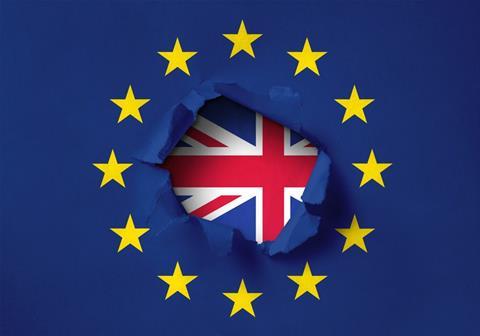
The defeat is said to be the largest for a sitting government in history and Labour leader Jeremy Corbyn has now tabled a vote of no confidence in the government which could trigger a general election.
The British Poultry Council (BPC) released a statement from its chief executive Richard Griffiths, responding to the result. He said: “Theresa May has just lost her meaningful vote by an overwhelming 432 to 202. Surely this has now gone on long enough.
“We’ve suffered the effects of the concept of Brexit since 2016, and the actuality of leaving will be worse. The only sensible option now is to abandon Brexit as a failed project.
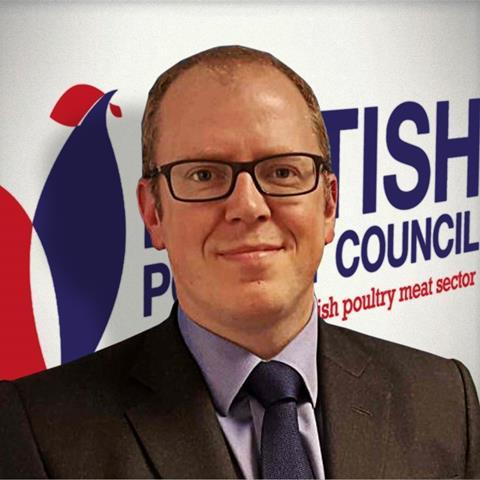
“In the British poultry meat sector we’ve suffered a lack of labour and increasing production costs, and seen our country’s food standards being challenged by other nations eyeing a quick profit at our long-term expense.
“Brexit and food comes down to a very simple concept. Any departure from the EU means affordability and availability of food will be compromised. The burden of that will fall on those who can least afford it.
“This cannot be acceptable to anyone, either individual or Government. We’ve already heard – no confidence vote aside – about possible changes of direction.
“Let’s make that direction a step back from the precipice. We are stronger, more prosperous, and crucially, better fed, as part of the EU.”
British Veterinary Association (BVA) president Simon Doherty added: “This result suggests that a no deal Brexit is increasingly likely, which would have a profound impact on the veterinary profession, particularly in the short to medium term.
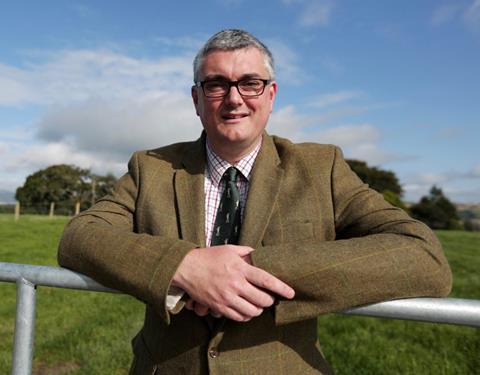
"Uncertainty over the UK’s future status will put additional pressures on an already overstretched profession, so it is essential in the event of a no deal scenario that the government gains listed status for the UK as a matter of urgency.”
The National Sheep Association (NSA) expressed its ‘immense frustration’ by the rejection of the Prime Minister’s proposed Brexit deal.
With Parliament now dealing with a vote of no confidence, the organisation is calling for this to be dealt with urgently and to work together to quickly agree a way forward.
NSA chief executive Phil Stocker commented: “It is very concerning that two and a half years after the EU referendum, and two and a half months before we leave the EU, our politicians have chosen to block the only Brexit deal we have on the table – and that now the Government’s future has been thrown into question.
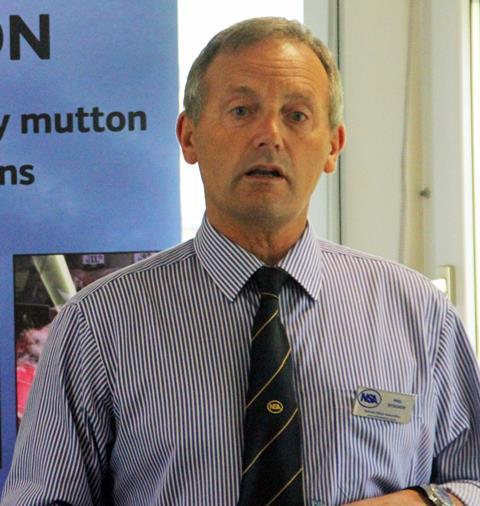
“All the preparation went into the proposed deal and it was the only thing on the table that offered British agriculture any kind of confidence. Right now the only thing we know is that we are heading closer and closer to a no deal, something we know would be extremely damaging for sheep farming and for our wider agricultural industry.
“Who knows what will emerge over the next few days and weeks, but it is unacceptable that businesses don’t have a clue about the framework they will be working within in some 80 days’ time. This is not an acceptable situation and NSA will continue do everything in its power to keep driving the dangers home to MPs.”
National Farmers’ Union (NFU) president Minette Batters concluded: “As a result of the vote in the House of Commons, the country now finds itself in a situation where a no-deal Brexit appears to be increasingly likely. I have been clear that such an exit would simply be catastrophic for Britain and its food and farming sector and the country’s ability to produce home-grown food.
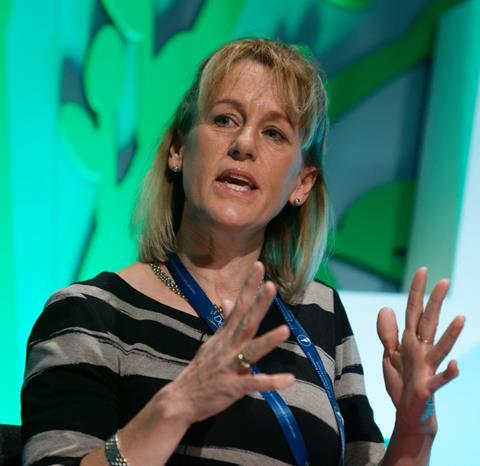
“A no-deal Brexit could lead to huge disruption as a result of an effective trade embargo on the export of animals and animal products to the EU, leaving many livestock farmers with no market for their produce. At the same time, we know that the Government would choose to unilaterally lower import tariffs on food. Let’s be clear about that, if that happened Britain would be actively encouraging food imports from all over the world potentially produced to food standards lower than is legally allowed by UK farmers.
“This would leave our own farmers facing the devastating outcome of having limited markets for their own produce while at the same time being undercut by low standard imports.
“Such a move would leave Britain with a weakened ability to produce its own food. Once the tap of British food production is turned off, it would be very hard to turn it on again. Nobody would benefit from this.
“A no-deal Brexit has to be avoided at all costs. The NFU has been clear that reaching a Brexit deal is a priority and we will be assessing any deal against our six key principles agreed at an Extraordinary meeting of the NFU’s Council in December, which includes avoiding a no-deal and ensuring free and frictionless trade with our biggest trading partner.
“The NFU is at the forefront of our industry coming together to warn against a no-deal outcome and we remain committed to playing our part in representing British farmers and growers throughout this process, ensuring their voice is heard across Parliament.
“I urge the government to take all the necessary steps to achieve a deal with the EU that delivers on these principles.”
This story was originally published on a previous version of the Meat Management website and so there may be some missing images and formatting issues.















